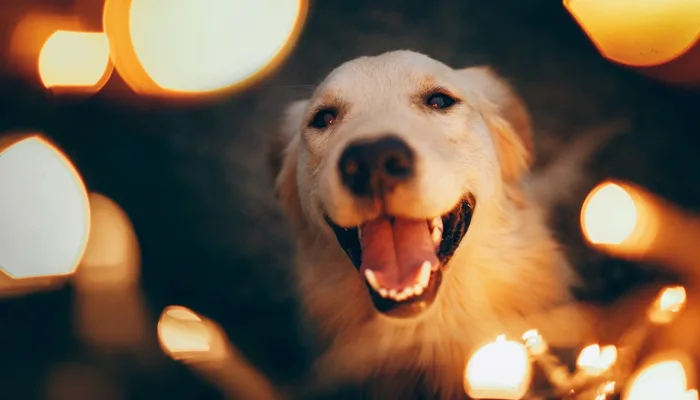Veterinary Detectives: Solving Mysteries in Animal Health on World Veterinary Day
- Devyani
- 10 months ago
- 4 minutes read

Ever wondered who plays Sherlock Holmes for our furry, feathered, and scaly friends? Meet veterinary detectives—the unsung heroes cracking the toughest cases in animal health. On World Veterinary Day, let’s dive into their fascinating world!
When an animal falls sick with baffling symptoms or a mysterious disease starts spreading, it’s not just a vet who steps in—it’s a full-blown animal detective. These professionals don’t wear deerstalker hats (usually), but they do solve medical mysteries that save lives.
On World Veterinary Day (celebrated every last Saturday of April), we shine a light on these incredible experts who combine science, intuition, and a whole lot of dedication to keep animals healthy. Let’s uncover how they do it!
The Case of the Unknown Illness
Imagine this: A farmer notices several cows suddenly losing weight, acting sluggish, and refusing to eat. Local vets are stumped. Enter the veterinary diagnostician—a detective who pieces together clues like a medical sleuth.
They’ll run tests, examine tissues, and even dig into the animal’s history. Was there a change in feed? A new pesticide nearby? Sometimes, the answer lies in the tiniest detail—like a toxin in the hay or a sneaky parasite.
These cases aren’t just about one animal. They can reveal outbreaks that threaten entire herds—or even human health (think zoonotic diseases like avian flu). Veterinary detectives stop problems before they spiral.
CSI: Wildlife Edition
Wild animals don’t exactly walk into clinics complaining of headaches. So when a group of birds drops dead out of nowhere, or a rare turtle species starts showing strange lesions, wildlife veterinarians turn into ecological investigators.
They brave forests, oceans, and deserts to collect samples, track movements, and figure out if the culprit is pollution, a new virus, or even climate change. Their work doesn’t just save individual animals—it protects entire ecosystems.
Take Dr. Lucy (a fictional name for a very real kind of expert). She once traced a mysterious dolphin die-off to a toxin from algae blooms—solving the case and helping prevent future tragedies. Now that’s detective work.

The Pet Puzzle Solvers
Even our beloved pets can present head-scratching medical mysteries. Why is Max the terrier suddenly seizuring? Why does Luna the cat keep losing fur?
Veterinary internists and specialists act like medical detectives, running bloodwork, X-rays, and even genetic tests to crack the case. Sometimes, it’s an allergy no one suspected. Other times, it’s a rare condition needing a tailored treatment plan.
And let’s not forget forensic veterinarians—the ones who solve cases of animal cruelty. By analyzing wounds, toxins, or neglect patterns, they bring justice for voiceless victims.
The Tools of the Trade
What’s in a vet detective’s toolkit? More than you’d think!
- Lab Tests: From blood panels to DNA sequencing, labs help uncover hidden diseases.
- Imaging: X-rays, ultrasounds, and MRIs reveal what the naked eye can’t see.
- Epidemiology: Tracking disease patterns helps predict and prevent outbreaks.
- Necropsies: Like autopsies for animals, they provide crucial post-mortem insights.
And, of course, good old-fashioned observation. Sometimes, the key clue is a behavioral change or an environmental factor everyone else missed.

Why World Veterinary Day Matters
This special day (started by the World Veterinary Association in 2000) isn’t just about celebrating vets—it’s about recognizing their role as protectors of animal and human health.
- They stop zoonotic diseases from jumping to humans.
- They ensure food safety by keeping livestock healthy.
- They safeguard biodiversity by protecting wildlife.
So, if you know a vet, give them a high-five (or a treat—they’ll appreciate it). Their detective work keeps our world safer, healthier, and happier.

Veterinary detectives may not get TV shows (yet), but their work is every bit as thrilling as any crime drama. From diagnosing rare illnesses to busting wildlife epidemics, they’re the reason countless animals—and people—lead better lives.
This World Veterinary Day, let’s raise a toast (or a chew toy) to these amazing professionals. After all, where would we be without the Sherlock Holmes of the animal kingdom?












